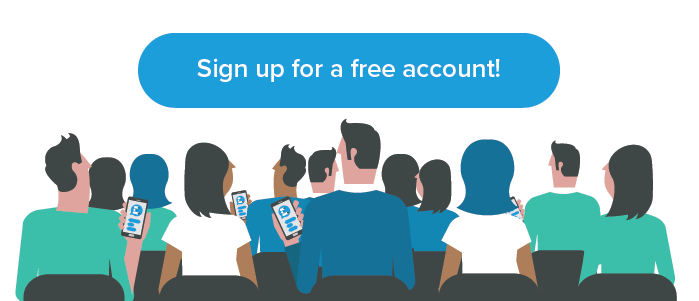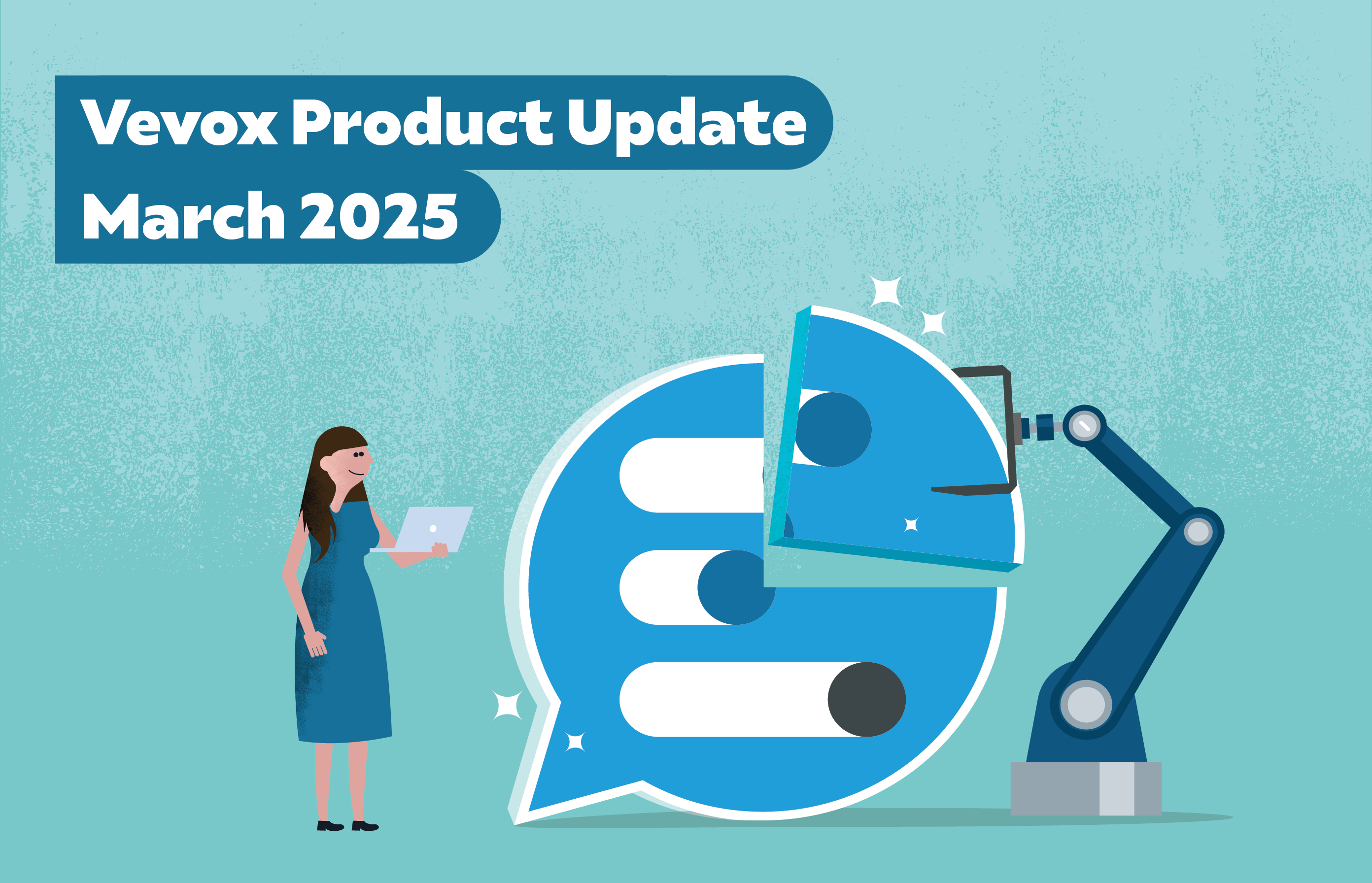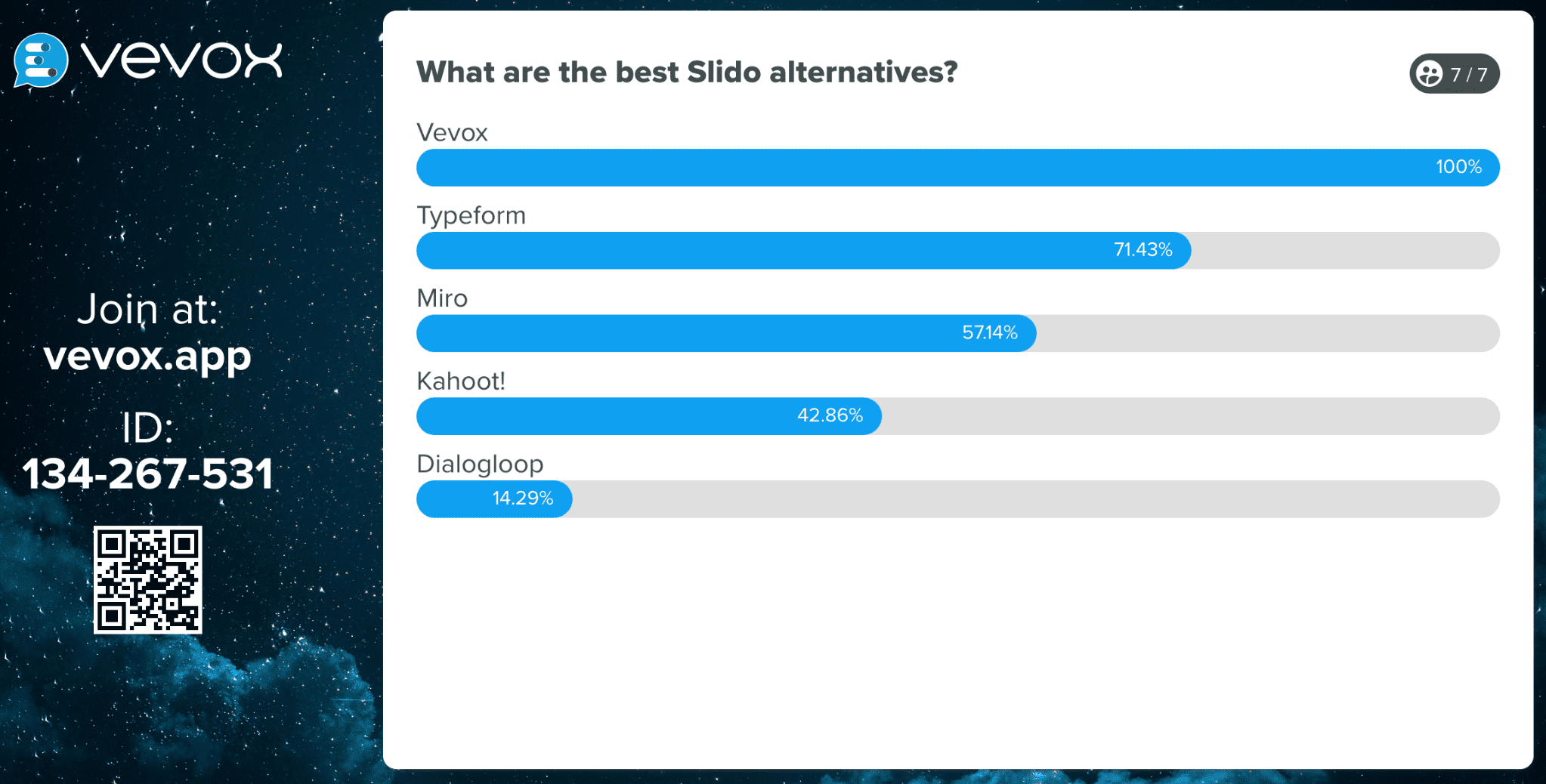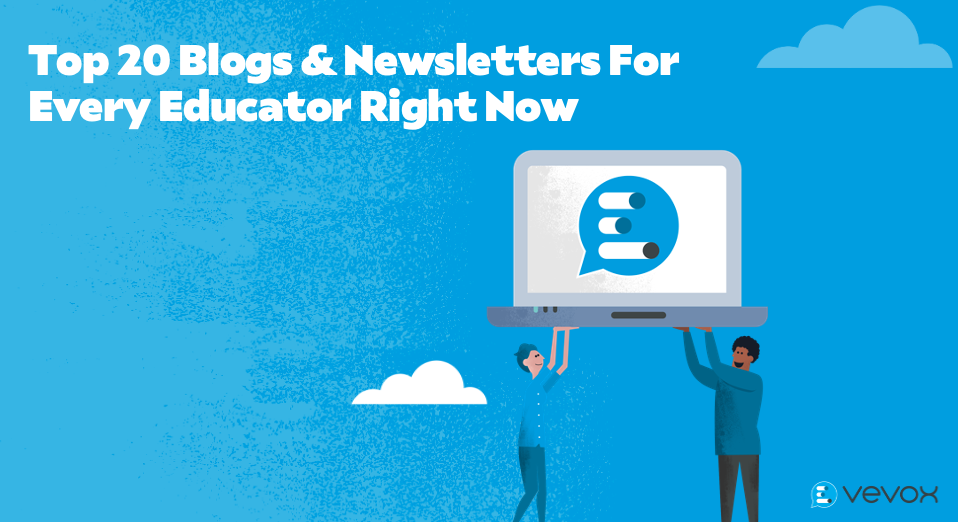The famous scientific philosopher Thomas Kuhn said, “the answers you get depend on the questions you ask,” so if you’re not getting the answers, or audience engagement you want, maybe it’s time to take a look at the questions you’re asking.
The art of asking the right questions helps you to gain deep insights, support informed decision making and develop effective solutions to any challenges or plug information gaps. You might ask questions for data collection, tests or research, but it’s important to note that the questions you ask can have a huge impact on the results you get.
When it comes to asking your audience questions with a view to increasing engagement, there's several questioning tactics and question styles you can use, and we’ve detailed some below.
Build rapport and warm up with Icebreakers
Icebreakers should be easy questions that don't require too much thinking capacity. They might not be important from an informational point of view, but they have an important function for engagement. Our brain is highly social and thrives on interaction.
By starting a formalised meeting with light-hearted questioning, dopamine is released which lights up the sense of reward in the brain, encouraging this positive behaviour. Using a live polling tool to ask your icebreaker ramps up the interaction and excitement, increasing audience engagement even further.
Kick things off with:
- Who will win the match at the weekend?
- What is your favourite movie?
- How did you get here today?
Why not download our ready to use PowerPoint icebreakers to poll your audience with?
Ask open questions
Questioning, with a view to increasing engagement, becomes even more effective when you use open questions - especially good if you’re using a word cloud polling tool. Open questions prompt your audience to consider their personal opinions and beliefs in their response, bringing them closer to the subject matter and naturally increasing interest and audience engagement.
Get your audience to open up by asking:
- What has been your most memorable part of the day/session?
- What will you do differently as a result of this session?
- Describe your feelings about the proposed changes in one word...
Try the 5 W's
Basic though they may be, asking questions that begin with one of the five ‘W's will almost guarantee you an answer that isn't too taxing for the audience to come up with, perfect if you’re looking for data. Combine one of the 'W's with one of these other techniques and you'll amplify the effectiveness.
Why not try...
- Who, do you find inspirational?
- What, is your biggest challenge?
- When, do you feel most productive?
- Where, should we hold the next event?
- Why do you think (this resource/product/book/technique) is so popular?
Reflect
You don't need to get too deep and meaningful with your audience but prompting them to reflect can be a powerful engagement tool for both you and them. Often, we all spend so much time looking forward, that we can forget to take a look back to find lessons or inspiration to help us acknowledge, grow, progress and continue to engage.
Ask your audience to ponder on these...
- What has held you back?
- Who has helped you the most with this project?
- What would you tell your younger self?
- How would you approach this differently now you have experience?
Make a statement, provoke a reaction
Rhetorical questions are often used by coaches or public speakers for effect, to get the audience thinking. Why do they work? Typically, rhetorical questions can be blunt or provocative, they can stop the audience in their tracks and prompt them to pay attention or re-engage if asked midway through a presentation or speech.
Rhetorical questions can also resonate strongly, as each audience member ponders the question in the context of their own reality, increasing the poignancy of the question.
How about asking...
- Why does this even matter?
- How do we overcome this?
- What does this say about who we are?
- Where do we go next?
Democratic decision making
We're huge fans of democracy (current politics aside) and nothing engages an audience more than the knowledge that their contribution affects the outcome. Whether you're hunting answers from your audience for the sake of data, to gauge opinion, or to actually make a real-life decision, the use of live-polling will get the crowds engaging.
Multi-choice polling is really effective and increases engagement by giving your audience a sense of autonomy over the decision at hand by providing them with the answers to choose between.
Poll the audience with…
- How often should we hold these sessions? Weekly, monthly, annually?
- Where should we go for our next social outing? Pub/restaurant, mini golf, bowling?
- How is the room temperature? Too hot, Too cold, Just right?
So, now you’ve got 6 question types to try out and engage with your next audience. As a last piece of advice, an engaged audience is a natural bi-product if the information you’re sharing is interesting, relevant and the audience can learn something from you, or about themselves.





